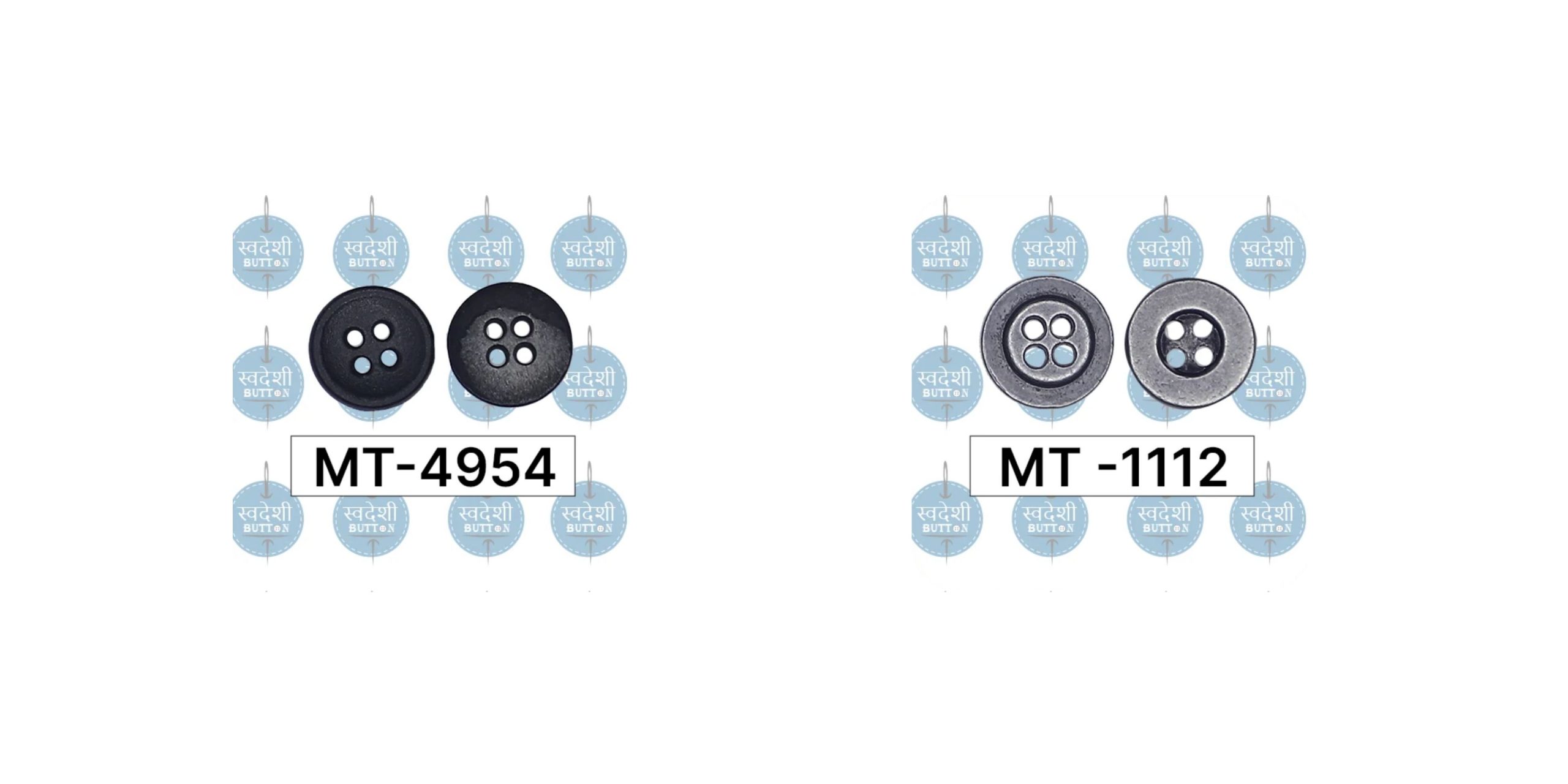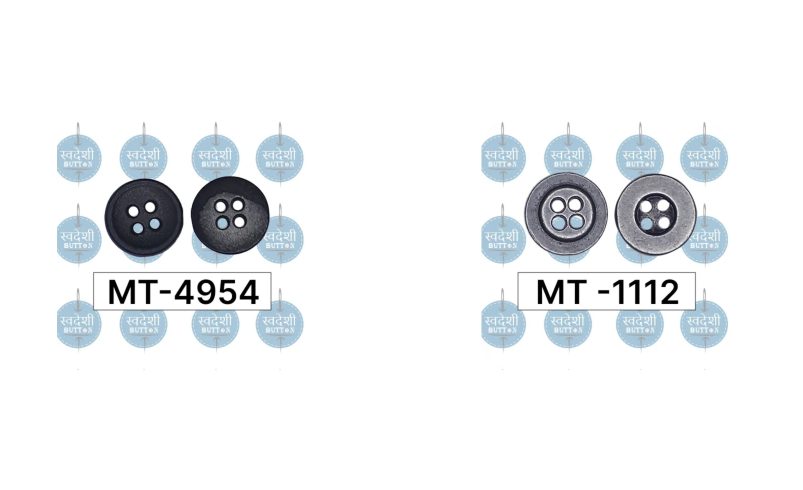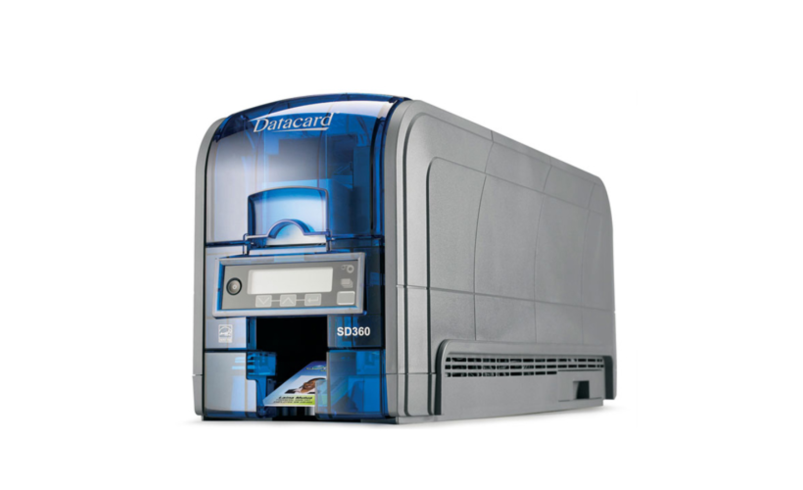As global consumers Kosher Certification become more conscious about what goes into their food, how it’s made, and where it comes from, food certifications have gained renewed importance. Among them, kosher certification stands out—not only as a religious standard but also as a marker of trust, quality, and ethical production.
In this blog, we’ll explore what kosher certification really means, how the process works, and why it’s valued by people far beyond the Jewish community.
What Is Kosher Certification?
Kosher certification is an official recognition that a food product complies with Jewish dietary laws, known as kashrut. These laws outline what is permissible (kosher) and what is not (non-kosher) for observant Jews to eat.
The rules cover several key areas:
-
Permissible animals: Only certain animals, like cows, sheep, and chickens, are allowed. Pork and shellfish are not kosher.
-
Slaughter and preparation: Animals must be slaughtered in a humane, specific manner and inspected to ensure health.
-
Separation of meat and dairy: These two categories must never be cooked or eaten together.
-
Ingredient scrutiny: Every component of a food item must be kosher, including additives, flavorings, and even processing agents.
Kosher Certification ensures that a trained authority has examined the ingredients, production processes, and facility operations to confirm full compliance with these rules.
Who Oversees Kosher Certification?
Kosher Certification is provided by kosher certifying agencies, which employ mashgichim (kosher supervisors) to inspect production facilities. Some of the most widely recognized agencies include:
-
OU (Orthodox Union)
-
OK Kosher Certification
-
Kof-K
-
Star-K
Each agency has its own unique logo or symbol, often printed on packaging, that signifies a product is certified kosher. These symbols are known as hechshers.
The Kosher Certification Process
Becoming kosher certified isn’t as simple as submitting a form. It’s a thorough, ongoing process designed to maintain religious integrity and consumer confidence:
-
Application & Evaluation: The company submits detailed information about its ingredients, suppliers, and processes.
-
Facility Inspection: A mashgiach visits the facility to inspect equipment, preparation areas, and storage conditions.
-
Ingredient Approval: All ingredients are cross-checked against kosher standards. Substitutes are often required for non-kosher components.
-
Supervision: Regular or surprise inspections ensure that standards are continuously upheld.
-
Certification: Once the agency is satisfied, it issues certification and allows the kosher symbol to be used on products.
Why Kosher Certification Matters to Consumers
Though it’s rooted in Jewish religious practice, certification benefits a much broader group of people:
-
Jewish Consumers: It ensures they can observe dietary laws confidently.
-
Allergy-Sensitive Buyers: Kosher food often avoids cross-contamination, offering peace of mind for those with dietary restrictions.
-
Vegetarians and Vegans: Kosher labels often clearly mark whether a product contains meat or dairy, helping consumers make informed choices.
-
Health-Conscious Shoppers: Many see certification as an additional layer of quality control.
-
Ethical Consumers: The certification process includes strict guidelines for cleanliness, humane treatment of animals, and ingredient traceability.
Benefits for Businesses
Companies that pursue Kosher Certification can unlock many advantages:
-
Market Expansion: Access Jewish communities and broader audiences who prefer kosher-certified products.
-
Export Opportunities: Some global markets, including parts of the U.S., Europe, and Israel, require or favor kosher.
-
Brand Credibility: Certification builds trust with consumers looking for transparency and quality assurance.
-
Increased Shelf Presence: Kosher products are more likely to be accepted by certain retailers and food service providers.
Misunderstandings About Kosher Food
There are some common myths about kosher certification that are worth clearing up:
-
“Kosher means healthy.” Not necessarily. While kosher food often follows clean preparation practices, it doesn’t always mean it’s low-calorie or organic.
-
“Kosher food is just for Jewish people.” In reality, many people outside the Jewish faith seek out kosher-certified products for their own reasons.
-
“Getting kosher certified is too complicated.” While the process is detailed, many agencies work closely with businesses to make it manageable and cost-effective.
Final Thoughts
Kosher certificate is more than a religious label—it’s a promise of integrity, attention to detail, and respect for long-standing traditions. Whether you’re a consumer looking for trusted food products or a business aiming to expand your reach, kosher certifications offers real value.
By understanding what kosher means and recognizing the symbols on packaging, you can make more informed choices about the food you eat and the products you trust. In a world where food standards matter more than ever, kosher certification stands as a meaningful benchmark for safety, cleanliness, and ethical production.










